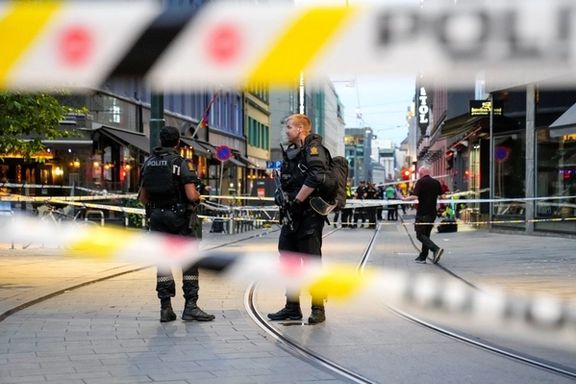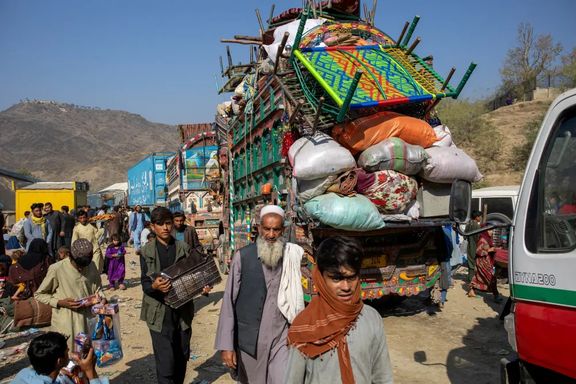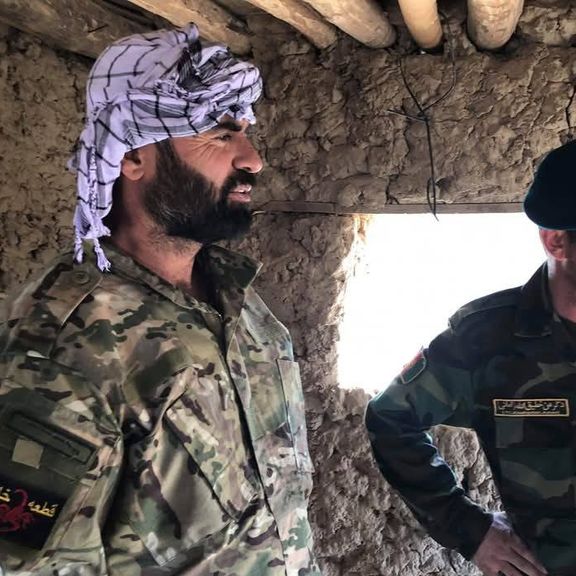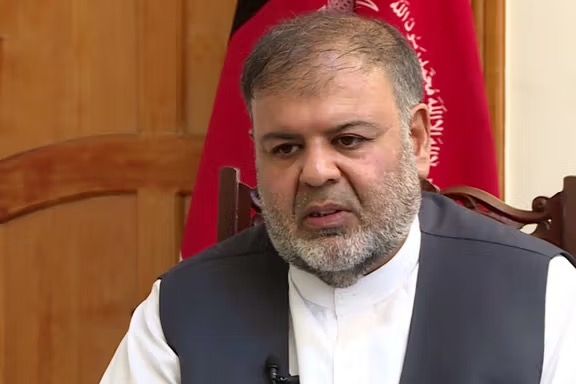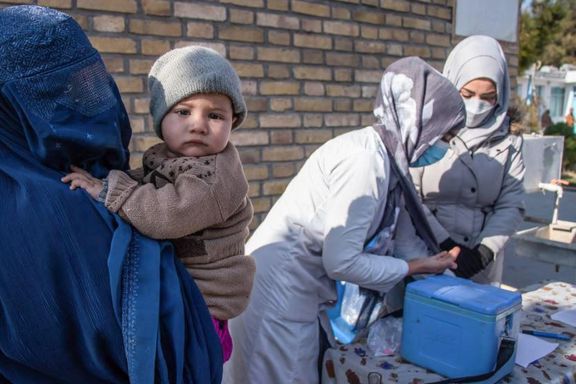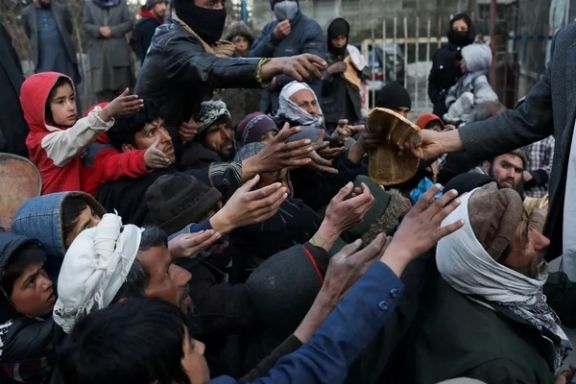The call comes as clashes intensify between Taliban forces and local farmers over the destruction of poppy fields in the province.
Yaftali strongly criticised the Taliban’s “highly ethnocentric leadership” and accused the group of deepening ethnic divisions across Afghanistan. He claimed this discriminatory approach was a key reason for the population to stand up against Taliban rule.
Local sources told Afghanistan International on Sunday that armed confrontations erupted in Farghamanch village, Jurm district of Badakhshan, as Taliban forces attempted to eradicate poppy fields. According to the sources, owners of the fields allegedly supported by local Taliban members engaged in a gunfight with Taliban officials tasked with enforcement.
Although Yaftali did not directly comment on the recent clashes, he denounced the Taliban for widespread ethnic discrimination and accused the group of betraying Islamic principles.
“The Taliban came to power under the pretext of defending religion, but they neither had nor have any connection to the true values of Islam,” he said. “Justice is a pillar of Islam, yet the Taliban have oppressed other ethnic groups and shown no mercy even to free-minded Pashtuns.”
Yaftali also condemned the Taliban for “plundering Badakhshan’s mines,” illegal land seizures, and sidelining local professionals in provincial administration.
“All of their actions are aimed at creating deep ethnic divisions, which will have disastrous long-term consequences for the people of Afghanistan,” he warned.
The Taliban have officially banned poppy cultivation across Afghanistan, but enforcement has led to repeated violent incidents especially in Badakhshan, where resistance from farmers has been particularly fierce. In contrast, poppy cultivation reportedly continues with less interference in provinces such as Helmand.
Badakhshan holds strategic importance for the Taliban, not only as one of the few northern provinces where the group maintains a substantial presence, but also as the home province of Qari Fasihuddin, the Taliban’s Chief of Army Staff. Its rich mining resources are also critical to the Taliban’s efforts to reduce reliance on foreign aid through resource extraction.
Addressing former members of the Afghan security forces, Yaftali called on them to prepare for resistance. He also issued an appeal to Badakhshani Taliban members, urging them to surrender and promising no retribution if they abandon the “tyrannical regime of the Taliban.”
“Do not remain as human shields,” he said, calling on local fighters to reject the leadership’s divisive agenda.

